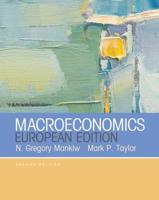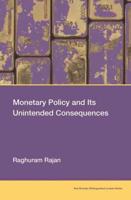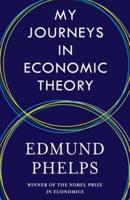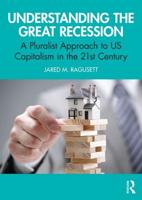Publisher's Synopsis
This book argues that modern macroeconomics has completely overlooked the aggregate nature of the data. Standard models start with intertemporally maximizing agents and obtain dynamic equations linking economic variables like consumption, income, investment interest rate and employment. Such equations exhibit testable properties like cointegration, definite patterns of Granger causality, and restrictions on the parameters. The usual simplification that agents are identical leads to testing these properties directly on aggregate data. Here this simplification is systematically questioned. In Part I the homogeneity assumption is tested using disaggregate data and strongly rejected. As shown in Part II, the consequence of introducing heterogeneity is that, apart from flukes, cointegration unidirectional Granger causality, restrictions on parameters do not survive aggregation: thus the claim that modern macroeconomics has solid microfoundations is unwarranted. However, it is argued in Part III that aggregation is not necessarily bad. Some important theory-based models that do not fit aggregate data well in their representative-agent version can be reconciled with aggregate data by introducing heterogeneity.











